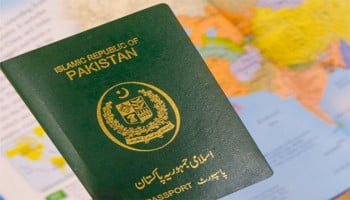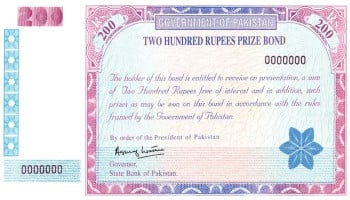
Pakistan’s Ministry of Information Technology and Telecom has proposed a set of policies to support the growth of the country’s IT exports, particularly for startups, small and midsize enterprises (SMEs), and freelancers.
In a recent proposal to the National Assembly, the ministry suggested key tax incentives and streamlined processes that could improve the country’s tech business environment and make local products more competitive globally.
‘Made in Pakistan’ policy
One of the core parts of this proposal includes tax exemption on the import of IT hardware and software, which would push companies to focus on exports. There would also be a new "Made in Pakistan" policy to encourage local production of technology products to further complement the domestic tech industry.
The ministry asked the State Bank of Pakistan (SBP) to further facilitate ICT start-ups and small enterprises by taking measures to enhance support through the desks at bank branches for businesses administering ESFCA and "fast-tracking" of issuance of corporate debit cards.
The ministry also recommended that SBP allow full foreign exchange retention for tech companies and simplify international transactions for Pakistani firms.
Read more: PTA hosts Cybersecurity awards 2024 to Honour Telecom Industry Defence efforts
As tax reforms was another major focus during the proposal of ‘Made in Pakistan’ policy, the government has recommended the FBR standardise the definition of IT and IT-enabled services at the federal and provincial levels.
It has to eliminate the 5% advance tax on debit cards held in the accounts of ESFCA, and extend 100% tax credit schemes for start-ups until 2030.
Other target freelancers were supposed to have a final tax rate reduced to 0.25% for PSEB registered and were supposed to be exempted from filing monthly sales tax returns.
The ministry further proposed investment in the tech sector with a government-backed venture capital fund for start-ups, as well as incentives for banks to offer loans within the IT sector.















